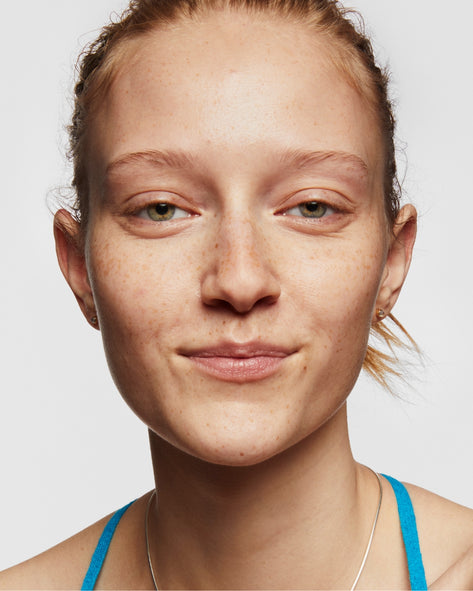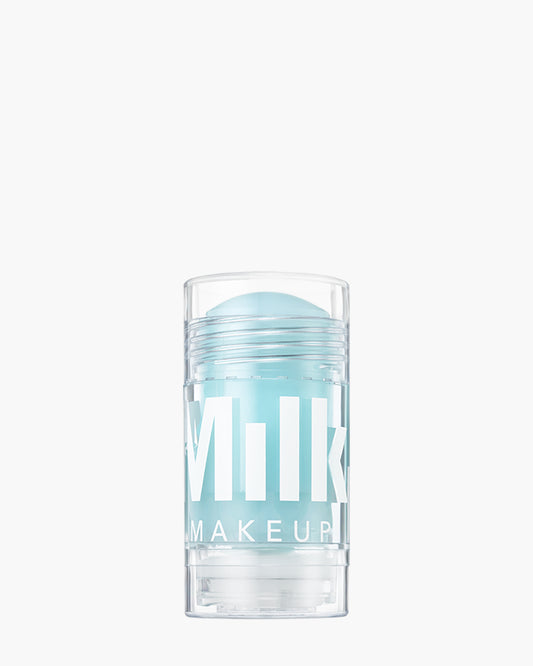If your skin is feeling dry or looking dull, it’s not you—it’s winter. The chilly season tends to sap moisture from skin, which is why a dedicated winter skincare routine is so essential. And that doesn’t just go for your face, although it often gets all the TLC. Your skin below the neck is just as important. “Winter can cause dryness of the skin on the face and the body,” says Marisa Garshick, M.D., a board-certified dermatologist in New York City who shared some winter skincare tips with us.
That means your arms, legs, and beyond are just as prone to feeling flaky, tight, and even uncomfortable once temperatures take a nosedive—no matter your skin type. Plus, “this can also lead to winter itch, which is the itchy feeling associated with dry skin,” she says. “General dryness can also increase the potential for eczema, which can appear as pink flaky patches on the face or body.” (On dark skin, those patches can be dark brown or even purplish.) The good news is that incorporating the right winter skincare products and habits into your routine can make a world of difference, keeping your skin healthy through the season.
Not sure what your skin needs? Here’s how to build your ideal winter skincare routine.
Winter skincare routine for your face
Cleanse strategically
Cleansing with a harsh formula can inadvertently cause moisture loss no matter what the season, especially if you have sensitive skin. But in winter, you're already at a disadvantage thanks to the lack of humidity, dry air, and cold temperatures, says Dr. Garshick. “It is important to use a cleanser that will help to nourish the skin and won’t strip it of its natural oils,” she explains. If anything, it should actively replenish moisture—for which Dr. Garshick recommends a cream- or oil-based cleanser. “This will help prevent the skin from feeling tight or dry after cleansing,” she says. A cushiony cleansing balm is also a great choice to remove makeup and impurities from the day, too.
We also recommend choosing something fragrance-free to avoid irritation. And now’s not the time to try any crazy exfoliators, weird toners, or experimental retinols—keep it simple and get by with the essentials until the winter weather subsides. A bit of gentle exfoliation is OK to slough away dead skin cells, but keep it to once or twice a week, max.
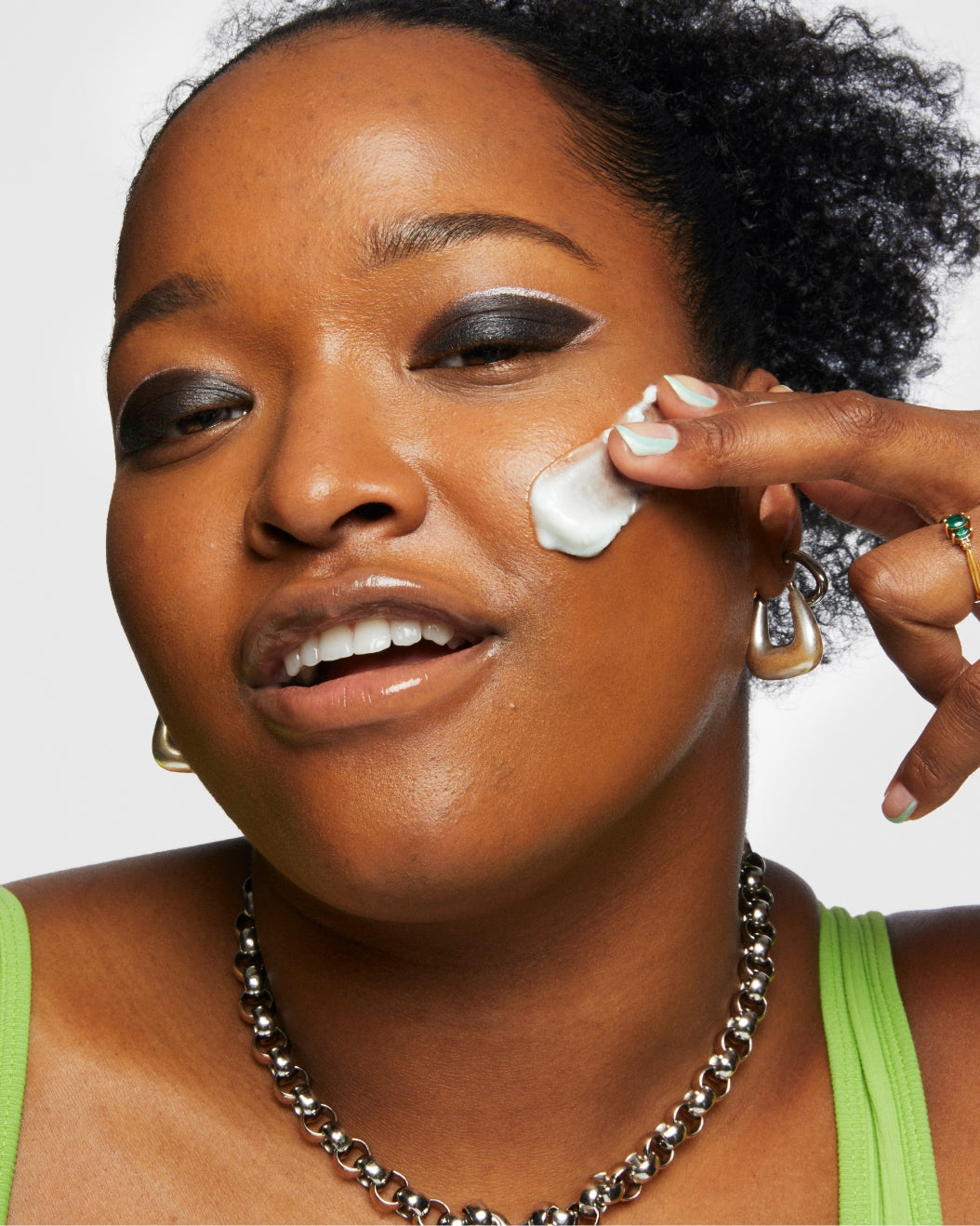 |
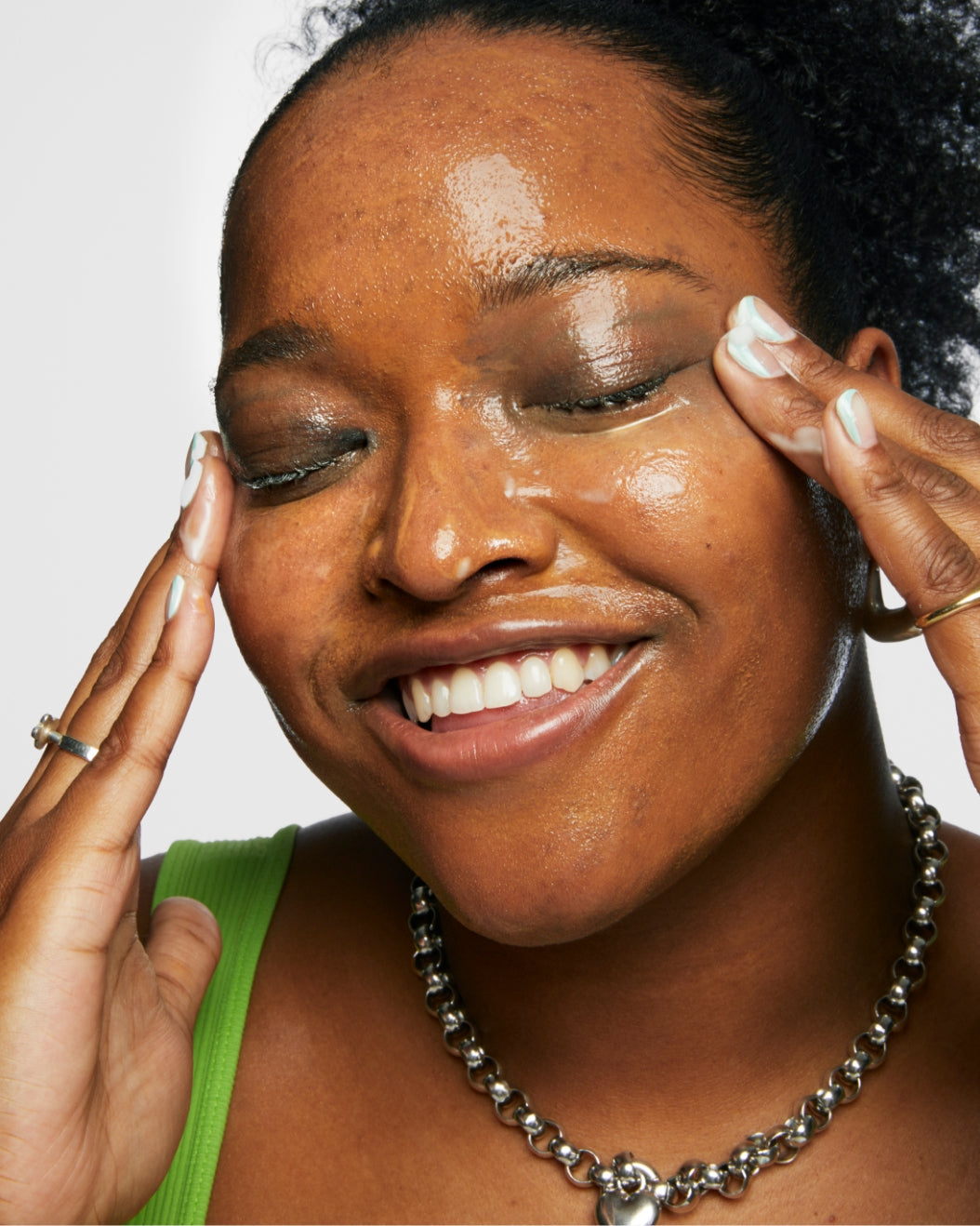 |
Now’s not the time to try any crazy exfoliators, weird toners, or experimental retinols. Try to keep it simple and get by with the essentials until the winter weather subsides.
You can also choose a moisture-rich product to wash off your makeup, too. Try our Hydro Ungrip Makeup Removing Cleansing Balm, which contains soybean and sunflower oils that work double-duty to both melt away makeup and soften skin. (It also contains hyaluronic acid, aloe, and hemp-derived cannabis seed extract for an extra hit of hydration—just saying.)
Max out your moisture
Staying moisturized is the best way to help prevent wintertime skin woes like breakouts, dryness, and flaky skin. If you have dry skin, you can add a hydrating serum into your routine before you moisturize, which will boost the effects. If you have oily skin, you might be able to skip this step.
Use an emollient moisturizer with humectant ingredients like hyaluronic acid, glycerin, and squalane—all of which will help keep skin hydrated. Ceramides are another great ingredient; these waxy lipids are naturally found in our skin, and when added to moisturizer formulas, they help strengthen the skin barrier.
A face oil is among the best skincare products during the colder months too, as it can “provide an occlusive benefit to help seal moisture in,” says Dr. Garshick. She recommends using one after your moisturizer to reap the most benefits.
After that, finish with a moisturizing lip balm to protect your lips from the harsh cold air.
Don’t forget your eyes
The skin around your eyes is among the most delicate on your body, and it gets drier this time of year, too. That’s why an eye cream is worth including in your winter skincare regimen. The type you use will depend on your skin concerns; for instance, if you want to soften the look of fine lines, look for a formula with peptides. Hoping for some brightening action? You may want an eye cream with vitamin C.
Protect against UV rays
And don’t forget SPF! Cold weather doesn’t mean you don’t need sunscreen. These days, you need all the help you can get when it comes to protecting your skin barrier from UV rays. After all, maintaining good skin health is a year-round effort.
Winter skincare routine for your body
Shorten your showerSorry in advance: A long, steamy shower might feel incredible after a cold winter day, but when it comes to winter skincare, hot water is not your friend. “Hot showers can be drying and irritating on the skin, so it is best to stick with short showers—that are not too hot—in order to be gentle and minimize the potential for dryness,” says Dr. Garshick. By short, think five to 10 minutes—just enough time for a simple body wash, and keep the temperature more lukewarm than scalding. Moisturize ASAPAs soon as you’re out of the shower—and while your skin is still damp—apply moisturizer. Timing is key: “Applying moisturizer to damp skin helps to lock moisture in and prevents your skin from drying out after a shower,” says Dr. Garshick. You’ll reap more benefits than if you wait to apply when your skin is totally dry. Opt for oilNow is not the time for your average body lotion. “In the winter months, using a thicker cream or ointment can help to lock moisture in,” says Dr. Garshick. As with face oil, body oil may just be one of the best skincare products for winter. Use a humidifierWith low humidity and indoor heating, this gadget can help keep the skin on your face and body from drying out. Keep one by your bed while you sleep, and nearby if you work from home too—trust us, you’ll notice a difference in how your skin feels in just a couple of days. Add these tweaks to your routine and see for yourself—you may find the formula to your best winter skin ever. |
Meet the Expert:
Marisa Garshick, M.D., F.A.A.D., (she/her) is a board-certified dermatologist and an Assistant Clinical Professor of Dermatology at Cornell University in New York. Dr. Garshick has numerous publications in scientific journals and book chapters, including a chapter on the treatment of acne, and has presented at national meetings. She is a member of the American Academy of Dermatology, the American Society of Dermatologic Surgery and the Women’s Dermatologic Society.
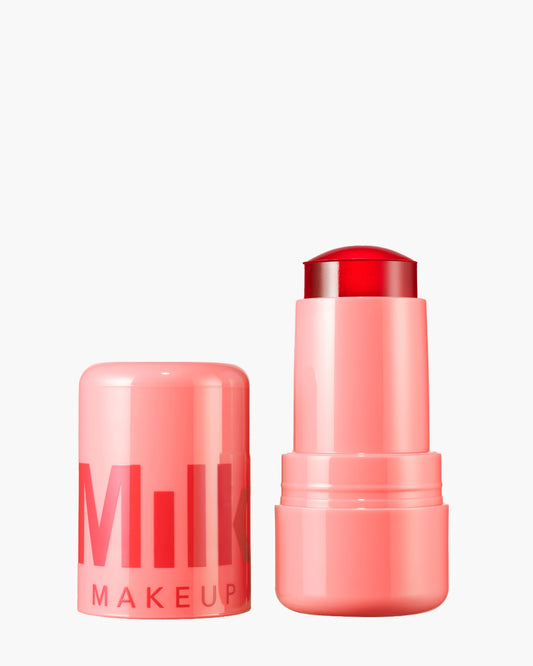
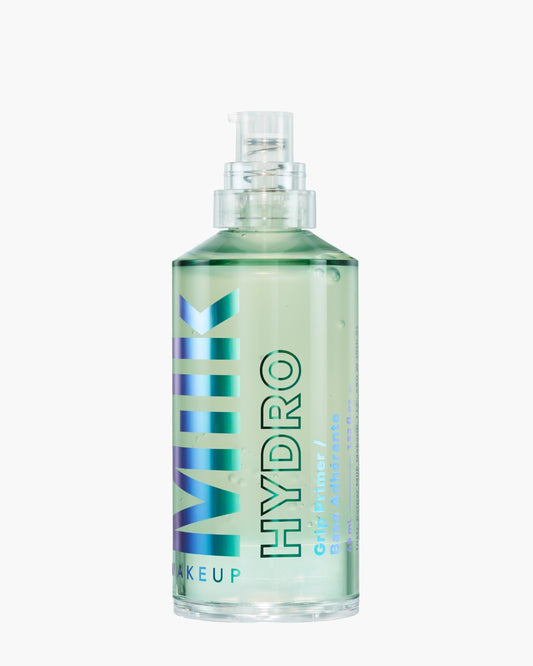
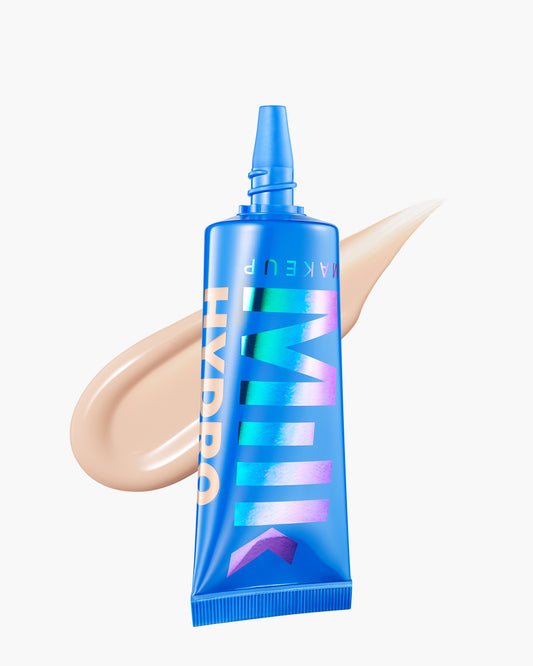
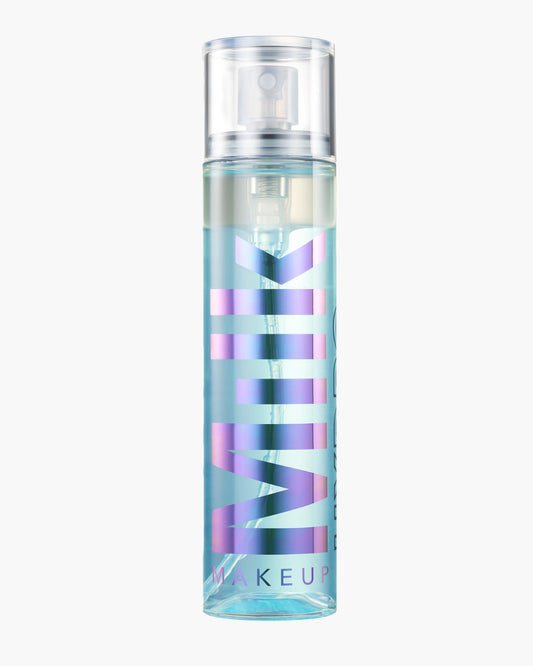
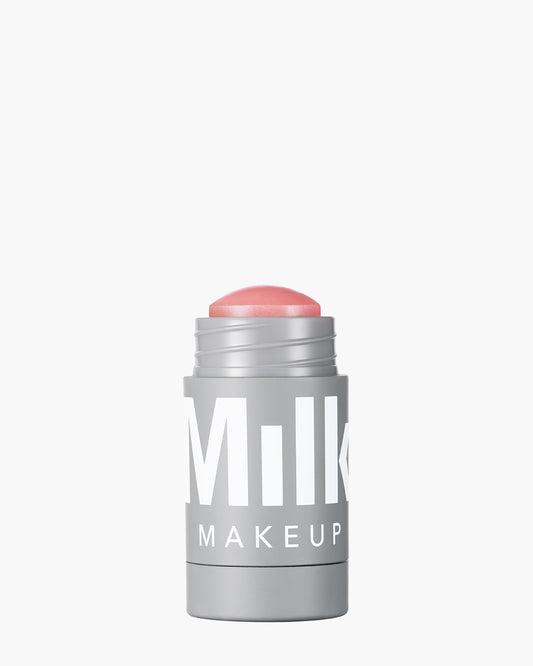
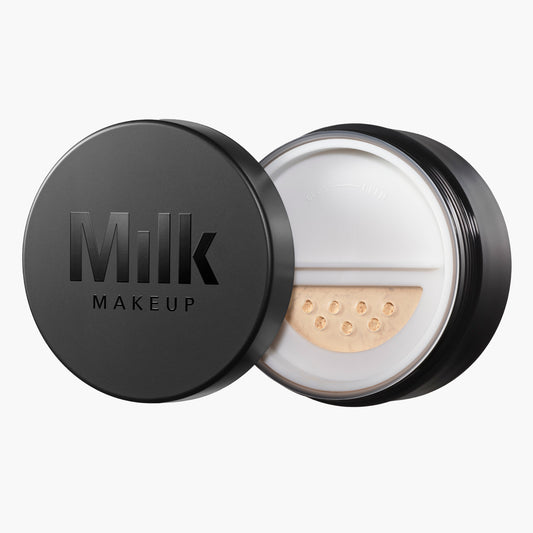

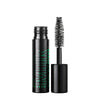
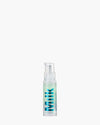


 "
"